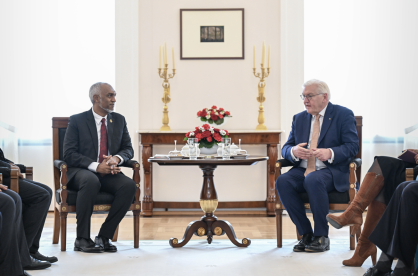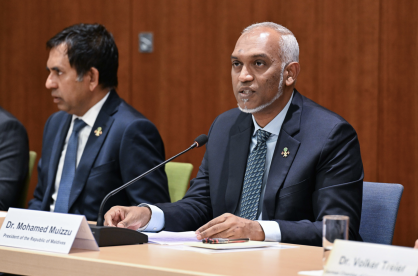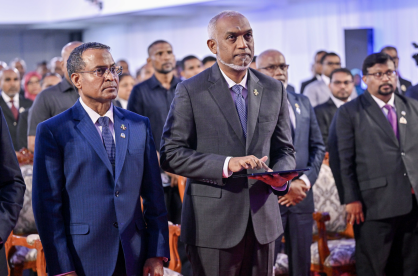For the past few years, the Maldives has been working towards reducing its operational costs through cutting state expenditure and increasing revenue in order to work towards more economic stability. The Maldives has been accumulating an exceeding amount of debt over the past few years, it has become one of the main focuses of the current administration to pay off the country’s outstanding debt in order to ensure the Maldives does not face an economic crisis similar to Sri Lanka.
Although there have been major efforts from both the former as well as the current administration, it appears that the government has reported receiving only MVR 246 million (USD 16 million) in dividends from State Owned Enterprises (SOEs) for the previous year, reflecting a substantial shortfall from the initial budget estimates. According to data published by the Ministry of Finance, this amount represents only 30 percent of the projected dividends, significantly lower than anticipated.
Despite a budget projection of MVR 775 million (USD 50 million) for SOE dividends this year, the shortfall continues a trend from 2023, where the government received MVR 710 million (USD 46 million), which was only 35 percent of the budgeted estimate. The discrepancy between projected and actual dividends underscores the ongoing financial challenges faced by SOEs and the government’s reliance on these enterprises for revenue. This gap indicates persistent issues in the financial management and operational efficiency of SOEs, which hinder their ability to generate expected profits. The shortfalls could be incurred due to a variety of reasons such as inadequate oversight, governance issues, and potential inefficiencies that prevent these entities from meeting their financial targets.
The reliance on SOE dividends for revenue might also be putting additional pressure on the government to fill the budgetary shortfall through other means, potentially leading to increased borrowing or reallocation of funds from other critical areas. This situation also raises concerns about the sustainability of depending on SOEs for such major portions of government revenue, emphasizing the need for strategic reforms to improve their performance and ensure more reliable financial contributions.
The Finance Ministry has highlighted that the return on investment from SOEs, in the form of dividends, is considerably low compared to the expenditures made by the state to support these enterprises. A significant portion of SOEs fail to distribute dividends in accordance with regulatory requirements, further exacerbating the revenue shortfall.
In addition to the issues with dividends, SOEs also owe a substantial amount in taxes to the government. As of the end of last year, MVR 880 million (USD 57 million) in taxes and fines remain outstanding from these enterprises. This tax arrears situation adds another layer of financial strain on the government.
The profitability of half of the SOEs currently operating in the Maldives does not necessarily translate into financial benefit for the government. In fact, the government continues to incur significant expenses to sustain these enterprises. The financial dynamics between the government and SOEs highlight a critical need for reform and improved management within these enterprises to enhance their profitability and ensure they meet their fiscal obligations to the state.






